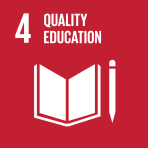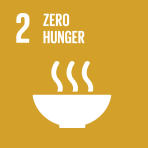Abstract
In 2019, 135 million people in 55 countries were in food crises or worse, and 2 billion people did not have regular access to safe, nutritious and sufficient food. COVID-19 (coronavirus) has exacerbated these hardships and may result in an additional 121 million people facing acute food insecurity by the end of 2020. Further, since the beginning of the pandemic, an estimated 1.6 billion learners in 199 countries worldwide were affected by school closures, with nearly 370 million children not receiving a school meal in 150 countries. The paper presents the evidence on the potential negative short-term and long-term effects of school meal scheme disruption during Covid-19 globally. It shows how vulnerable the children participating in these schemes are, how coping and mitigation measures are often only short-term solutions, and how prioritizing school re-opening is critical. For instance, it highlights how girls are at greater risk of not being in school or of being taken out of school early, which may lead to poor nutrition and health for themselves and their children. However, well-designed school feeding programmes have been shown to enable catch-up from early growth failure and other negative shocks. As such, once schools re-open, school meal schemes can help address the deprivation that children have experienced during the closures and provide an incentive for parents to send and keep their children, especially girls, in school.
- 13 May 2021




